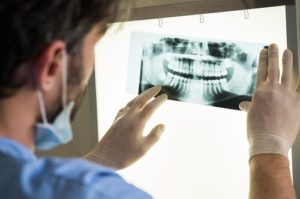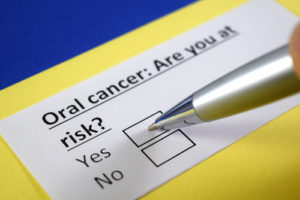Food is such an important part of our lives. Not only is it crucial for our health, it’s historically pretty important for our relationships too. We meet friends over dinner, we snack on the couch with loved ones while watching a movie, and we even join blind dates for a cup coffee. At our dental office in Buckhead, we understand the importance of food and really enjoying what you eat. But we also know how some foods can damage teeth. For this blog, we’ve compiled some of the top types of food that are the worst for teeth.
- Biscotti – This Italian treat is known for its hard, crunchy texture which is why it’s usually eaten after being dunked in a beverage. However, this difficult to bite biscuit can cause cracks or chips if it’s too hard.
- Popcorn – A movie watching favorite, the dangers of popcorn lurks in the often unseen kernels. A quick, hard bite onto one of these hard kernels can chip teeth or destroy restorations.
- Pitted Treats – Snacks like olives sometimes contain a hidden pit. Again, like the culprits above, an accidental nibble of a pit can cause some serious tooth damage.
- Chewy Candy – Candy in general is typically bad news, but chewy ones can be the worst of all. Due its sticky nature, the sugar-loaded sweet is left clinging to teeth for prolonged periods of time and it can also dislodge fillings.
- Ice Cubes – These frozen cubes of water can be used to chill a beverage or even for an injury, but they shouldn’t be eaten. Hard ice can not only break teeth, they also create tiny cracks that leave the enamel open to bacteria and, in turn, cavities.
- Bones – While we don’t tend to choose bones to eat or to gnaw on, they are found in several foods. Some bones are easy to see and we can usually avoid those, but some bones aren’t noticed until it’s too late. Be cautious when eating stews, certain types of fish, or chicken.
While we’d love our patients to avoid these foods altogether in order to greatly reduce the risk of dental damage, we understand that’s unrealistic. Instead, we’d be happy if they just used a bit of caution while enjoying the treats above. More importantly, if something were to happen while eating, we want to encourage them to schedule an appointment at our dental office in Buckhead as soon as possible. The sooner we can evaluate and treat any damage, the less likely there will be additional issues.
Accepting patients from Buckhead, Atlanta, and Sandy Springs.















